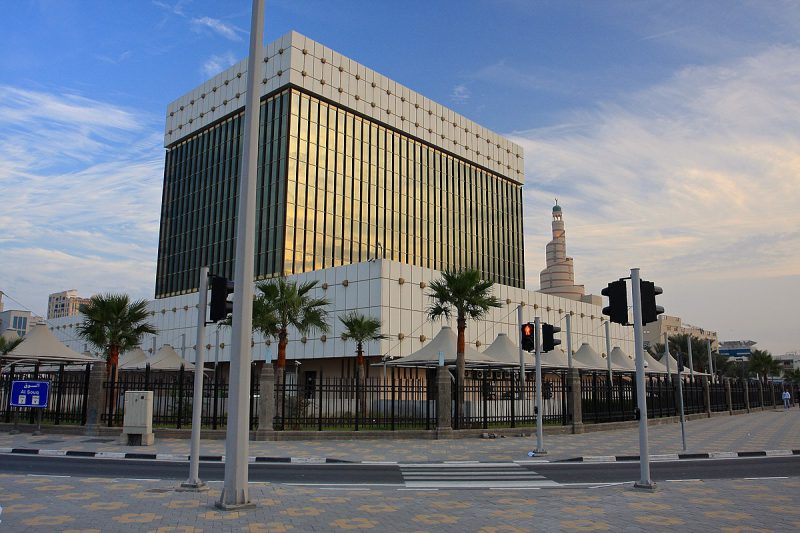Qatar central bank has just issued the first license for digital payments. In a tweet on Tuesday, the monetary agency announced that it had endowed the license to two companies that provide electronic payment services —iPay by Vodafone Qatar and Ooredoo Money.
Per the bank, the same is,
“an initial step to include all companies providing digital payment services under the supervision of the Qatar Central Bank to contribute to the development of the financial technology sector and enhance financial inclusion.”
The FIFA factor
Here it is worth recalling that the Qatar Central Bank announced last week that banks in Qatar are ready to officially launch the mobile payment service—Google Pay—after completing the necessary tests. Notably, all global digital wallet services for cards like Apple Pay and Samsung Pay are now accepted in Qatar.
The 2022 FIFA World Cup is set to happen in Qatar towards the end of this year. And evidently, the gulf state is gearing up for a tourism boom and is currently prepping to welcome more than a million soccer fans.
The said move, as highlighted by the Qatar Central Bank, will help in
“enabling visitors especially during the World Cup to process and complete their digital payments.”
Conclusion
The middle east has gradually been accommodating players from different parts of the world into its digital sphere. Ripple’s partner—Tranglo—recently announced its expansion into the region. Last week, the cross-border payment processing hub opened a new payment corridor in the United Arab Emirates.
Read More: Ripple’s partner expands into UAE: Opens new ODL corridor
Notably, the Arab Gulf region emerged as a “key region” for cross-border digital payments post the pandemic. As reported earlier, the UAE is “one of the top” remittance senders and receivers worldwide. In 2020, the country recorded $42.7 billion and $6.78 billion in remittance outflows and inflows.
Retrospectively, the latest moves—in conjunction—will further foster the growth of the digital payment sector in The Gulf.





